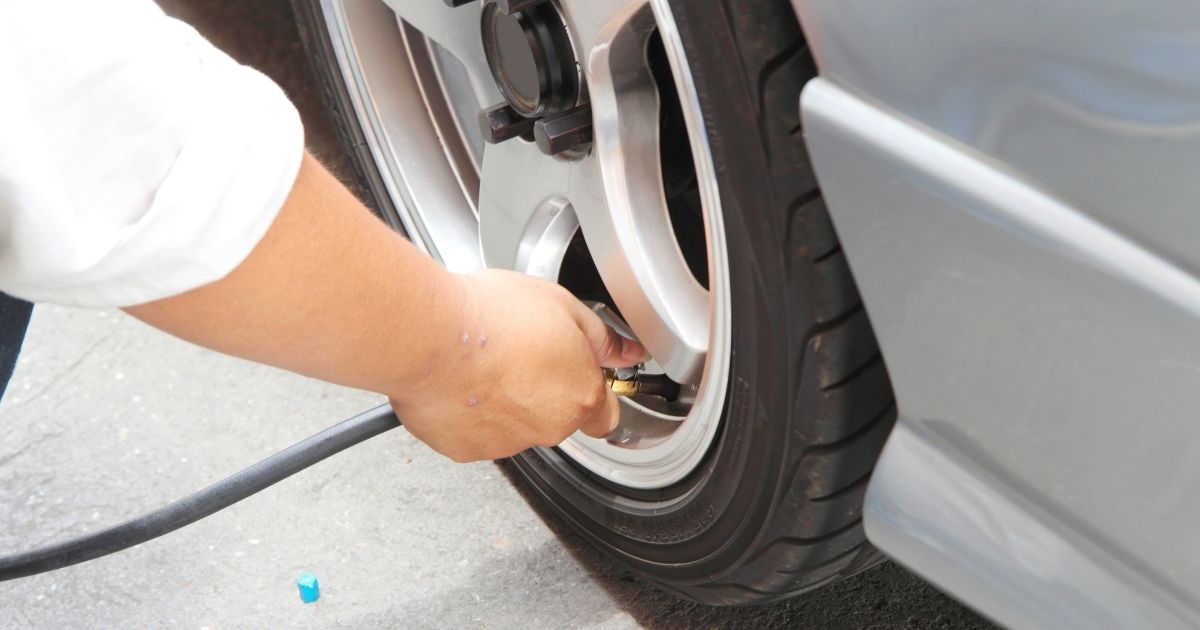Not only does maintaining your car regularly help protect one of your most significant investments, but it also helps keep you and your passengers safe. Maintenance items like regular oil changes, routine check-ups, and topping off fluids are just a few of the many essential things you need to do to be a responsible car owner. Even the seemingly minuscule maintenance items, such as checking and maintaining your tire pressure, are essential.
The tires are the first part of your car that comes into contact with the road’s surface. When your tires are in optimal condition, you have better control of the vehicle and more efficient stopping power. When your tires are underinflated or overinflated, you compromise the tire’s effectiveness and ability to maneuver the car safely. Something as simple as an underinflated tire can lead to a devastating car accident.
Studies by the National Highway Traffic Safety Administration (NHTSA) found that over 11,000 accidents occur yearly in the United States because of tire failure, leading to 200 deaths. There are many reasons why driving on underinflated or overinflated tires can be so dangerous:
- Tire blowouts: The friction tires generate on the road’s surface can generate enormous heat. When a tire is underinflated, more of its surface meets the road as it flattens, which causes more friction and heat that destroys the inner tire wall. A tire blowout, especially at highway speeds, can be disastrous, causing the driver to lose control of their vehicle. Blown-out tires also leave debris in the roadway, posing a hazard for the unsuspecting driver.
- Poor control: When a tire is not at its proper air pressure, the optimal amount of tread on the tire is not contacting the road. When a tire’s tread is compromised, a driver can find maneuverability and control difficult.
- Wear and tear: Incorrect tire pressure causes abnormal wear on your tires, worsening over time. The tires begin to bald in areas where they are not meant to, increasing the chances of slipping or losing grip. Furthermore, driving on underinflated tires can also void your tire warranty.
- Traction issues: Tire pressure is essential to the operation of the tire and how well its tread operates. When the tire is underinflated, it loses traction to the surface, making it much easier to lose control, especially on icy or wet roads. It can also adversely affect a vehicle’s traction control or anti-lock braking system.
- Weight issues: Tire pressure affects the weight distribution within the vehicle. An underinflated tire cannot carry its share of the vehicle’s weight, which can cause your steering to pull, knock your alignment off, and compromise your stopping ability.
How to Properly Maintain Your Tires
Maintaining your tires is one of the best things a car owner can do to increase their safety. When the tires operate correctly, it also helps other car functions, such as steering and braking. A properly maintained tire also helps with fuel efficiency. Here are a few tips to properly maintain your tires:
- Follow your vehicle’s tire specifications, not just the tire’s recommendations. Your tires’ proper PSI should be listed in your manual or on a sticker within the driver-side front door jam.
- Regularly check the PSI in your tires. Most modern vehicles have tire pressure warning lights on their dashboard should your tire’s PSI change even by a few pounds.
- Keep a tire pressure gauge in your car and check them at least monthly.
- Inspect your tires and look for abnormal wear on your tread or any bubbles in the sidewall. That could be a sign that they need to be replaced.
- Tire recalls are common, so know the brand of tire you are using and pay attention if any recalls are released.
Mount Holly Car Accident Lawyers at the Law Office of David S. Rochman Help Clients Injured in Tire-Related Crashes
When a vehicle is not maintained regularly, the chances of a car accident happening increase. If a negligent driver has injured you, contact our Mount Holly car accident lawyers at the Law Office of David S. Rochman. Call us today at 856-751-2345 or fill out our online form for a free consultation. Located in Mount Laurel, New Jersey, we serve clients in Burlington County and the surrounding areas.


